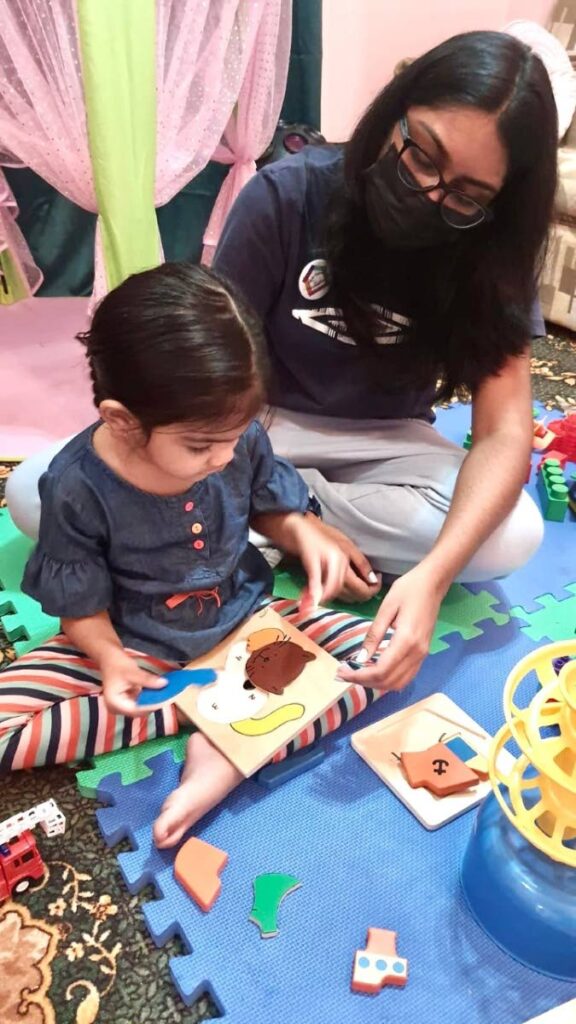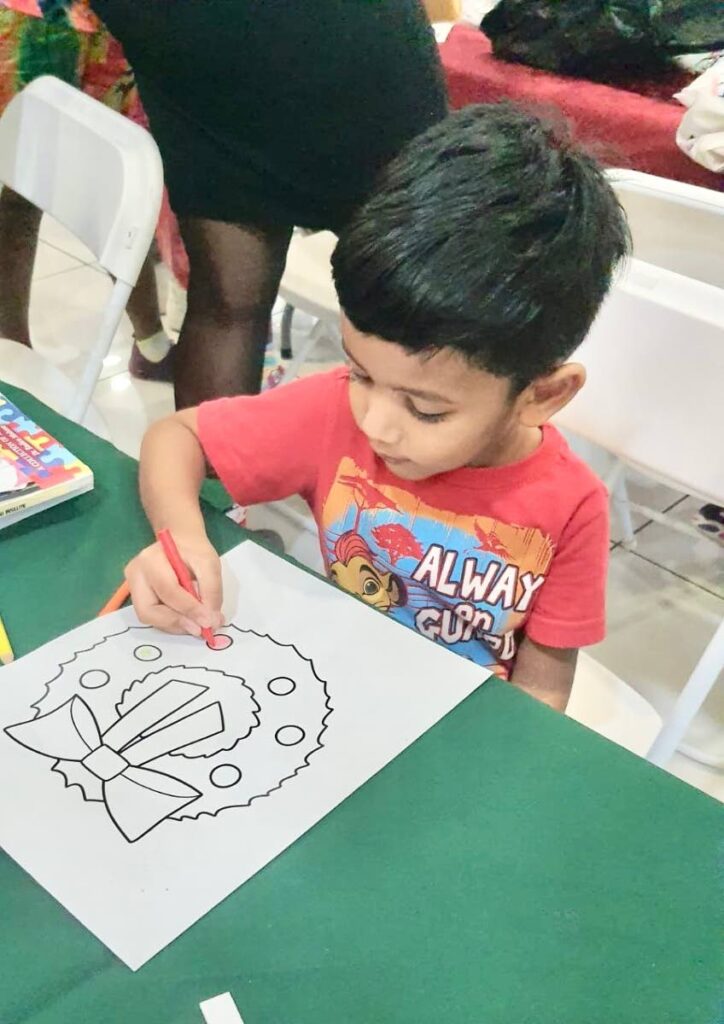The challenges of diagnosing my child

DR RADICA MAHASE
“My little girl recently celebrated her fifth birthday. I think she may have autism; I know she definitely has a developmental delay and I am waiting to get an official diagnosis.
Since my daughter was two years old, we knew that she wasn’t at the level she was supposed to be – she won’t make eye contact; she didn’t respond when we called her name; she didn’t babble or say words like ‘mama’ or ‘dada’. Right before she turned three, I took her to a doctor who confirmed that she was not where she was supposed to be and who referred us to the paediatrics clinic at Mt Hope.
I went in to make an appointment in March 2019 and got one for January 2020. I am not sure how the clinic works but when we took my daughter, she was seen by a young doctor who didn’t diagnose her. I found out after that he wasn’t qualified to diagnose her. He recommended that we see a dietician since she wasn’t eating solid food. When I expressed concerns about her not speaking, he said that the speech will come as she gets older.
At this point I felt very disenchanted because she was already three years and from everything I read, she was supposed to at least say words at this age. We had a follow-up appointment for six months later, that was July 2020 and in the middle of the pandemic – the appointment was postponed, and twice after that. We kept following up and last month we got a new appointment for March 2024! We have been trying for the past three years to get her officially diagnosed and we still have to wait more than a year, and hope that at that visit she will get to see a paediatrician who will diagnose her.
I have to tell you, it has been very stressful. I know my child is not developing as she should and I just need to get that official diagnosis so I can move forward with her. The pre-school that she is attending said that they need it. I need to show something official to my boss so he can give me time off from work to take her to her therapy sessions. All this time, we have been working with her and trying to get her the help she needs but we would like that official diagnosis so we will know exactly what it is. We just don’t have the money right now to get it done privately and I mean, why should we have to? It’s just frustrating.”
It is one thing to recognise some level of developmental delay in your child and another thing to actually get a diagnosis. Brian, the father who speaks about his experiences above, is not the only parent who is waiting and hoping to get his child diagnosed. Another parent, Danielle, said she made an appointment in July 2022 and was given a date in December 2023. The waiting period for an appointment at the paediatric clinics is very erratic – some parents get through in four to five months (especially if they know someone to "pull strings" for them!) others take as long as 18 months.

It is difficult to get a visit with a paediatrician specialising in development. Too many times children are seen by junior doctors who tell parents that "nothing is wrong with the child" or "give them time to talk," etc. Too many times parents have to deal with the bad attitudes of both doctors and nurses.
The low number of paediatricians who specialise in development only makes the situation worst. Currently, there are less than five development paediatricians in TT. Parents have to pay anything between $2,000 to $5,000 to diagnose a child privately and in some cases, they have to pay extra for a written report.
There are serious consequences of delayed diagnosis – most importantly, an early diagnosis can lead to earlier intervention. In many cases, therapists require an official diagnosis before they can start working with a child. Many schools also require an official diagnosis; it is especially important in the public schools if a child is to get support from Student Support Services Division. It is needed in order to access the disability grant at the Ministry of Social Development and Family Services. Thus, a delay in diagnosing a child can have a deep and negative impact on that child for the rest of his/her life.
With this in mind, it is imperative that we fix the inefficiencies in our present system. We need to have a system whereby developmental delays can be spotted during routine visits and check-ups, from as early as six months. Thus, any milestones that are missed can be spotted early. This can happen when doctors and nurses are educated, trained and sensitised in areas of child development. It is also important that we have more doctors specialising in development – we can offer scholarships and other incentives to encourage more doctors to choose this as an area of specialisation. Of course, it would help immensely if we can restructure our paediatric clinics so that the appointment system is more organised, the waiting period is shorter and children are actually examined by qualified paediatricians when they do get an appointment.
Radica Mahase is the Founder/Director of Support Autism T&T.

Comments
"The challenges of diagnosing my child"